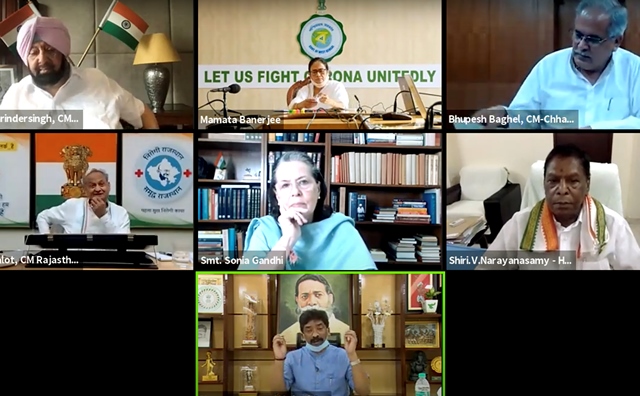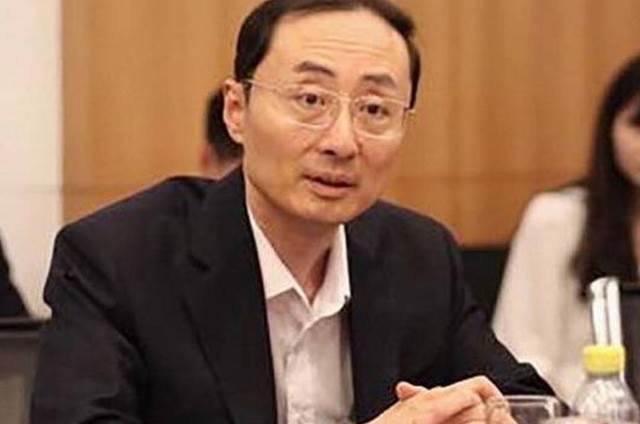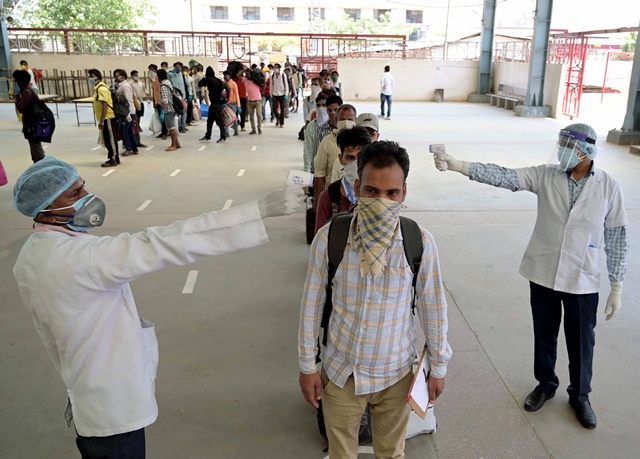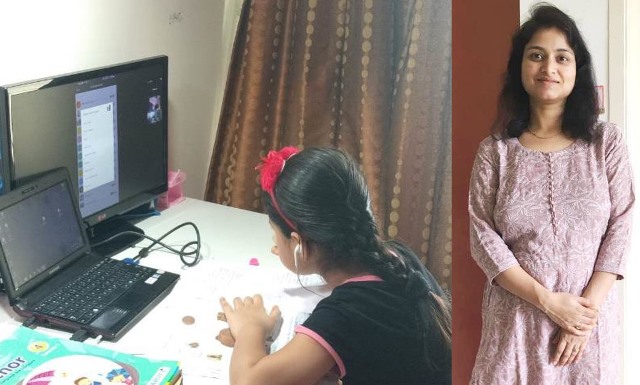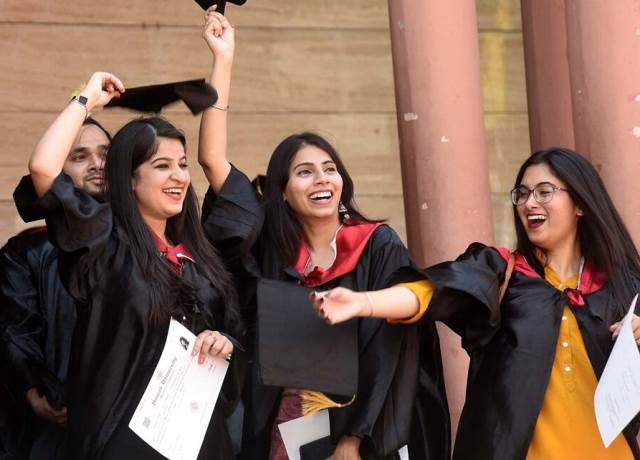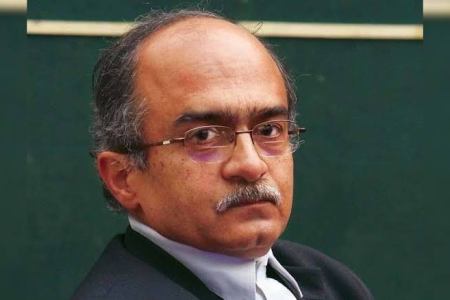It is said about India that its economics is easy but
sociology is difficult. Every initiative to change, whether good or bad, faces resistance
since at least one segment finds its interest or sentiment to be hurt. Any
change in this country is not possible until the things reaches its extreme. This
is why despite drastic change in labour market world over, it took India almost
34 years to bring New Education Policy to cater changed world scenario.
The NEP-2020 has come at a time when Indian education
system is facing extreme deterioration in the standard of institutions of
higher learning (as witnessed in the global ranking), high politicization of
campuses, rigidity in course structure and passing policy, lack of
indigenization of curriculum, consistent fall in the expenditure on education
as percent of GDP, nepotism and favouritism in admission/appointment system,
dichotomy in the school education, overburdened school students, increasing
cost of quality school education, deteriorating ethical and sense of
responsibility, increasing privatization, etc.
There are some praiseworthy unprecedented bold
initiatives in NEP-2020. First, the pre-primary (pre-schooling) education is
very important for toddlers because it provides building block for elementary
education. It lays down good foundation to create interest in schooling and
makes all-round development of child. Despite
its utmost importance, there wasn’t any government policy or regulation on
pre-schooling education.
As a result a lot of pre-primary institutions cropped
up with arbitrary syllabus and its accessories. In most of the cases, their syllabus
was heavier than the nursery syllabus, and fee structure was even higher than
primary education, which is the fundamental right of the students. Ultimately,
it overburdened the children aged less than 6 and putting unnecessary pressure
on the pockets of parents. There have been a tendency among the parents to
teach their children everything in advance. However, the recognition of pre-nursery
education in the NEP-20, will facilitate the framing of syllabus for the same
in a more scientific and communally understandable way by the experts from NCERT.
It will also regulate the unfair competition of overburdening students such a
tender age, and will correct the historical injustice started in 80s.
Second, Carole Banson, a
professor at University of Stockholm, in a background paper prepared for the Education for All Global Monitoring
Report 2005 by UNESCO titled The importance of
mother tongue-based schooling for educational quality emphasized on the
importance of mother tongue for school children. He argued that use of a familiar language (mother tongue) to teach at
pre-primary and primary level facilitates an understanding of sound-symbol or
meaning-symbol correspondence. As a result learning become most efficient when
students know the language.
On the contrary, it takes longer time
to understand exact meaning when students are taught in a foreign language. In
India, there
have been a colonial practice of teaching English (a foreign language) at
primary level to quick produce English speaking workforce for the colonial
rulers. The practice continued and expanded more rigorously, even after
independence. English was being taught to them even at pre-school level. However,
the imposition of mother tongue or any Indian language up to 5th
standard in NEP-2020 will not only lesson the burden of learning a foreign
language but also recue young children from a torturous process of rotting. Further,
it will reduce the gap between private and government institutions, and will
provide level playing field for rich and poor.
Third, Indian higher education system have been highly
rigid. Unlike schooling system, where a student can drop out at any stage and
rejoin, higher education system doesn’t allow for the same. If a student joins any
under graduation study programme, say, B.A. (Hons) in economics at Delhi
University, he/she will have to complete this three years course within a
stipulated time period of eight years. If due to some reasons, s/he has to
discontinue after the completion of first or second year, s/he is left with
nothing. And beyond the stipulated time for completion of degree, s/he cannot
be allowed to rejoin.
This is very impractical approach in a country like
India, where dropout rates are high in higher education since socio-economic
conditions do not allow girls and marginalized section to continue education in
one go. They need to take a break to due to unaffordability of fees, take care
of their families, job, marriage etc. The NEP-2020 has a provision that if a
student discontinues his/her under graduation after the completion of one or two
years, s/he will be conferred with a certificate or diploma. Moreover, their
credits will be transferred, and they can come back any time to complete their
under graduation. This is a progressive move which will benefit a large
marginalized section.
Fourth, there isn’t any uniformity in the time period
of completion of a research degree in India. For instance JNU offers an integrated
programme of M.Phil./Ph.D. of six years, and a student was is not allowed to do
a PhD directly without completion of M.Phil. In many universities students are
not required to finish M.Phil. before joining Ph.D. Besides, the programme is
of three years. Spending six years for research degrees was wastage of many
years during most productive age, which subsequently had high cost on the
individuals as well as society.
This issue has been addressed in the NEP-2020 which
has abolished M.Phil. in all universities in the country. It will attract
talent from the poor sections, who were earlier reluctant to join teaching or
research as a career due to long gestation period.
Fifth, the NEP 2020 plans to merge the University
Grants Commission and the All India Council for Technical Education (AICTE) to
create a single regulator (HECI) for higher education. This could rescue
educational institutions to face hassles from multiple regulators. HECI will mainly
focus on academic and quality matters related to ensuring learning outcomes,
mentoring of institutions, training of teachers and administrators, rather than
being a mere regulator.
Apart from some good changes, there are some issues if
not dealt carefully, it may impact Indian education system as well as internal
security. One of the areas of biggest concern is allowing top 100 universities
of the world to open campuses in India. The foreign rule on the country for an
extremely long period has made Indians mentally slave, that is why they have
the complex that everything made in India or by an Indian is inferior. They will
always prefer foreign universities over Indian institutions irrespective of its
value. Foreign universities will take advantage of this situation and will earn
a lot of money.
Most of the research these top 100 universities
focuses on India bashing or on Indian fault lines with a larger purpose to
destabilize the country. They will be able to create narratives to suit their
funders, which may further create internal security issues in the country.
Similarly, performance-based promotions will benefit
only one section/ideology of academicians who has stronghold on most quality
publications. It will not allow the other ideas to flourish which will reduce
the purpose of establishing institutions of higher learning. Moreover, the
merger of AICTE and UGC shall be carried out meticulously with cautions
otherwise instead of facilitating it may create another bureaucratic hurdles to
educational institutions.
In this way an evaluation of the NEP-20 in the light of
challenges faced by Indian education system shows that it has attempted to
address some of the problems, some remained unaddressed and some new issue may
also crop up if cautions were not taken.
Anish
Gupta
teaches Economics at Delhi University. Manoj
Kumar teaches Statistics and Economics Jawaharlal Nehru University, New
Delhi
